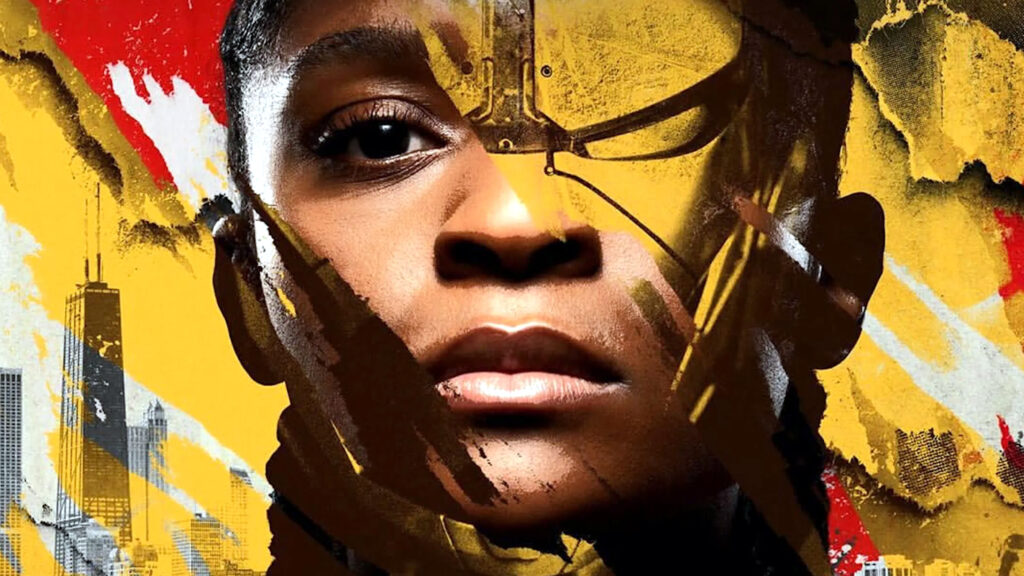
Marvel’s latest Disney+ series, Ironheart, attempts to usher in a new era with Riri Williams at the helm—but the result feels more like a relic from a fading phase of the MCU. In a franchise once synonymous with storytelling finesse and cinematic dominance, this new outing struggles to justify its place.
Introduced in Marvel Comics in 2016, Riri Williams was envisioned as a next-gen Iron Man—a brilliant teen engineer from Chicago who builds her own suit of armor. In Ironheart, Dominique Thorne reprises the role she first played in Black Panther: Wakanda Forever. Unfortunately, the series arrives with a whimper rather than a bang.
The premise had promise. Riri’s story—a young Black genius battling grief, identity, and injustice—is ripe with potential. Yet the show is bogged down by heavy exposition, underdeveloped characters, and inconsistent tone. Riri’s emotional journey is front-loaded with tragedy, but instead of drawing viewers in, it often drags them down. Thorne’s performance lacks the dynamic energy needed to carry the series, and the writing doesn’t help. Scenes focused solely on Riri often feel flat, making it hard to connect with her.
Supporting characters provide flickers of intrigue. Lyric Ross’s Natalie, revived as an AI companion, adds a spark, while Alden Ehrenreich offers comedic relief as Riri’s awkward assistant Joe. But these highlights are few and fleeting. The show’s main antagonist, Parker Robbins (aka The Hood), begins as a compelling anti-hero but devolves into a generic villain whose mystical costume looks more like cosplay than menace.
Visually, Ironheart struggles with scale. While smaller set pieces, like a resourceful battle at a White Castle, show creativity, larger action scenes feel hollow. The armor-heavy sequences often lack polish—perhaps a consequence of limited VFX budgets and rushed post-production.
The real issue lies in timing. Ironheart was conceived during Marvel’s content-saturation phase—when quantity sometimes trumped quality. With shifting corporate strategy and audience fatigue, the show now feels out of sync with current MCU goals. Dropping all six episodes in one week signals a quiet release rather than a confident debut.
Perhaps Ironheart could’ve thrived as part of a Young Avengers ensemble or with a stronger narrative arc across multiple projects. But as a standalone series, it struggles to resonate. In an era where Marvel can no longer bet blindly on any property and expect success, Ironheart is a well-intentioned gamble that simply didn’t pay off.
